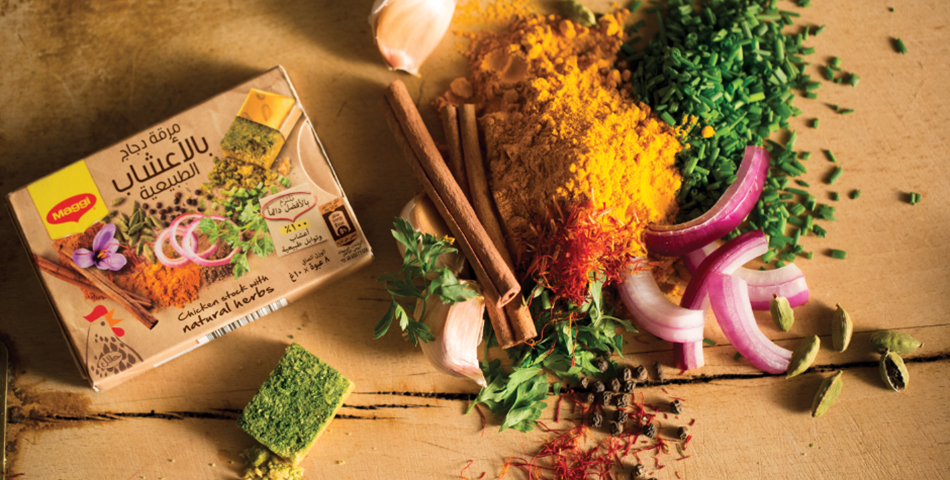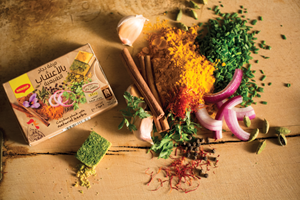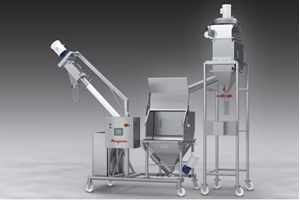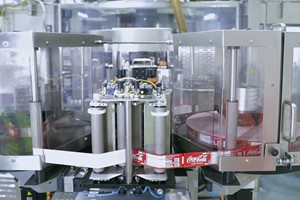A recent World Health Organization (WHO) report has put nine countries in the Middle East and North Africa (MENA) among those with the planet’s highest obesity levels: leading with Kuwait, where obesity rates are 37.5 percent, closely followed by Jordan at 35.5 percent, Saudi Arabia at 35.4 percent, Qatar at 35.1 percent, Libya at 32.5 percent, Egypt and Lebanon tying at 32 percent, the United Arab Emirates at 31.7 percent, and Iraq at 30.4 percent.
This reality has brought with it exploding diabetes, with the MENA region now projected to have 96.2 percent more diabetics by 2035. It has also led to Arab Gulf countries garnering the highest percentage worldwide of various bariatric procedures used to treat obesity.
Within that context arises a clear need for better eating habits and a growing trend favoring healthy and delicious home-cooked meals, to tackle the triple burden of malnutrition, from over nutrition to under nutrition and micronutrients deficiencies. While eating fresh remains optimal, an ever-growing population on a planet already hosting around 8 billion people means practical healthy offerings in packaged foods are a necessity.
Enter Kitchen Cupboard, as we at Nestlé have named our initiative to ensure packaged food only includes natural ingredients that people know and love. We do Kitchen Cupboard by designing product formulations to only include familiar ingredients and provide a balanced nutrition profile. The new product is tested for delivering the same superior taste, and we communicate clearly the nutrition information and ingredients on the label.
Evolving under different names throughout the world’s leading food and beverages manufacturers, the concept of including only natural ingredients in packaged foods means people across the Earth are increasingly eating only natural directly from a package. It’s a common misconception that packaged foods with long shelf lives come with more preservatives, as the secret is all in the packaging material and processes really.
Items such as protective aluminum shielding products from light and air, and dehydration preserving freshness without the need for additives, have made packaging only natural ingredients more and more prevalent. Eating healthier of course also means consuming less salt and fat, which is why we are also developing new recipes and technologies, carrying out studies, and investing in equipment to reduce these in products while maintaining the taste that people are accustomed to and love.
Salt is being gradually reduced to slowly change acquired tastes for it, and help people stick to the WHO’s recommendation of no more than 5 grams of salt per day. It’s being replaced in products with spices, herbs, and evolving culinary techniques to boost flavor. In addition, trans fats have been completely eliminated from products, and saturated fats are continuously being reduced.
Fortifications in packaged foods are also being introduced to tackle specific deficiencies in various communities, with the example of MAGGI in 2016 delivering 5.1 billion servings fortified with iodine, one of the essential nutrients that are deficient in the region. In a world facing many uncertainties about the future, it’s no doubt comforting that packaged foods are certainly changing for the better. Before they come to your Kitchen Cupboard, leading manufacturers are working to ensure your Kitchen Cupboard comes to them: Simplifying 100 percent of ingredients, increasing vegetables and grains, fortifying with micronutrients, and reducing salt and saturated fat while maintaining the same great tastes people crave.














